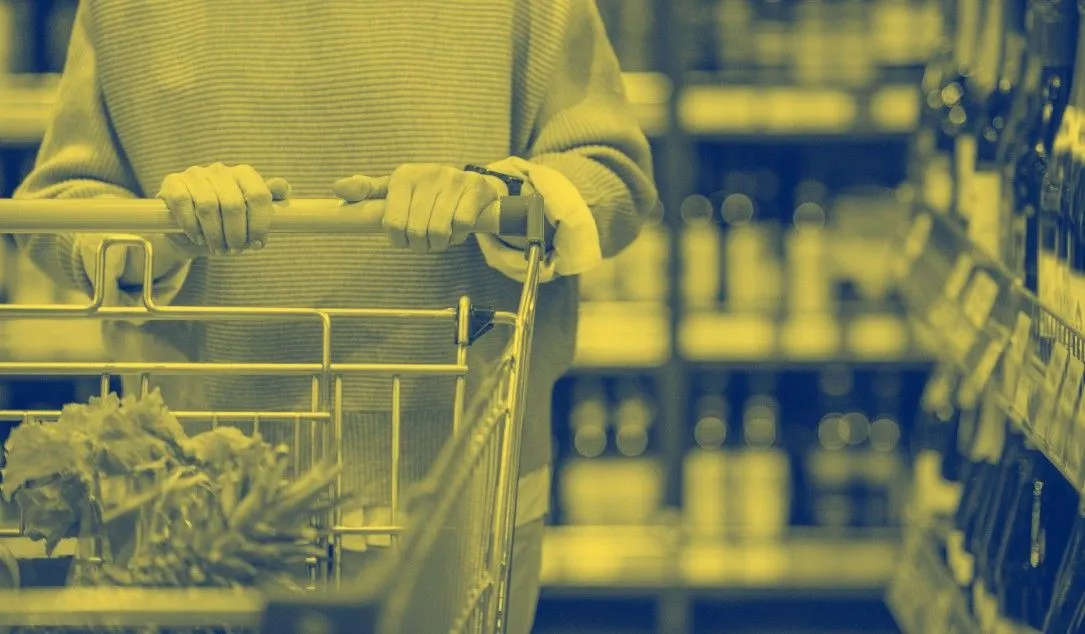In a letter Friday to Kroger CEO Rodney McMullen, Congresswoman Rashida Tlaib (D-MI) said the plans — which involve using facial recognition tools in digital displays to target advertising to customers and collect information on them — potentially pave the way for biased pricing discrimination.
“Studies have shown that facial recognition technology is flawed and can lead to discrimination in predominantly Black and Brown neighborhoods,” Tlaib wrote in the letter, which was posted on social media Tuesday. “The racial biases of facial recognition technology are well documented and should not be extended into our grocery stores.”
Kroger is the largest grocery store chain in the country with nearly 3,000 stores and $3.1 billion in profits in 2023. Kroger and other retailers already use electronic shelving labels instead of paper labels to rapidly adjust prices based on a variety of factors, including time of purchase, where a grocery store is located and other data.
The plan to use facial recognition technology could allow the retailer to build individual profiles on customers, based on data like their gender and shopping habits.
In an August letter sent to McMullen about the same plans, Sens. Elizabeth Warren (D-MA) and Bob Casey (D-PA) said they were concerned about the chain building “personalized profiles of each customer, and then use those profiles ‘to determine how much price hiking each of us can tolerate,’ quickly updating and displaying the customer’s maximum willingness to pay on the digital price tag.”
The use of facial recognition tools in Kroger stores also raises concerns about how Kroger intends to “adequately” safeguard customer data, the Warren and Casey letter said.



Isn’t that the same thing? It doesn’t matter if you raise prices on demand or lower them, the outcome is the same - different pricing at different times.
This is all a misunderstanding! The high price IS the regular price. We lower the prices at certain times to benefit our customers, who we love so very much. This is totally not surge pricing!
deleted by creator
“Alright you chucklefuckers. Here’s the new law. You are required to have paper tags, the only discount you can offer is paper coupons sent through the mail to everyone in an area, and you’re never allowed to alter your prices more than once per week.”
Alternative prices
Yeah see it’s not surge pricing! We actually lower prices whentheresnobodyintheaisle so that the discounts are passed on to you! Also we list the lowered price in the ads and apps so when you come in you can be surprised by power of our tech! and the updated price
“We are just figuring out though”
“No, no, it’s totally different to lower prices when fixed income people are shopping and at all other times leave them the same, our lawyers were very certain of that.”